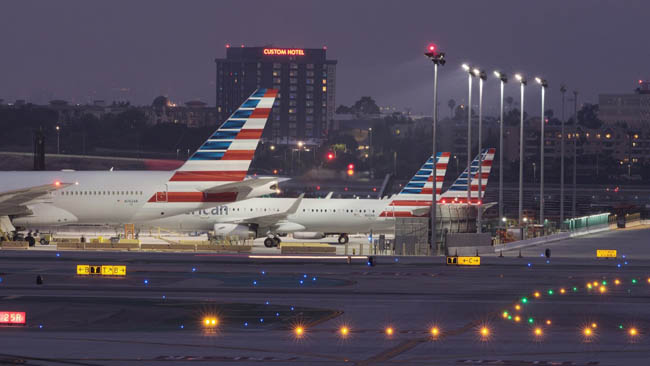Wednesday, February 21, 2024

The Federal Aviation Administration (FAA) has unveiled a definitive regulation aimed at curbing carbon emissions from the majority of large aircraft operating within U.S. airspace. This mandate necessitates the integration of enhanced fuel-efficient technologies in airplanes produced after January 1, 2028, including subsonic jet airplanes, as well as large turboprop and propeller airplanes that have not yet received certification.
“We are taking a large step forward to ensure the manufacture of more fuel-efficient airplanes, reduce carbon pollution, and reach our goal of net-zero emissions by 2050,” said FAA Administrator Mike Whitaker.
Several commercial aircraft must adhere to the specified standards, including the Boeing 777-X, newly constructed Boeing 787 Dreamliner models, Airbus A330-neo, Cessna Citation business jets, and civil turboprop airplanes like the ATR 72 and Viking Air Limited Q400. Notably, currently operating airplanes are exempt from this regulation.
These types of aircraft contribute nine percent of domestic transportation emissions and two percent of total carbon pollution in the United States.
The final ruling, titled “Airplane Fuel Efficiency Certification,” is accessible in the Federal Register. This initiative forms part of the U.S. Aviation Climate Action Plan, aiming to achieve net-zero greenhouse gas emissions from the country’s aviation sector by 2050.
Saturday, April 27, 2024
Saturday, April 27, 2024
Saturday, April 27, 2024
Saturday, April 27, 2024
Friday, April 26, 2024